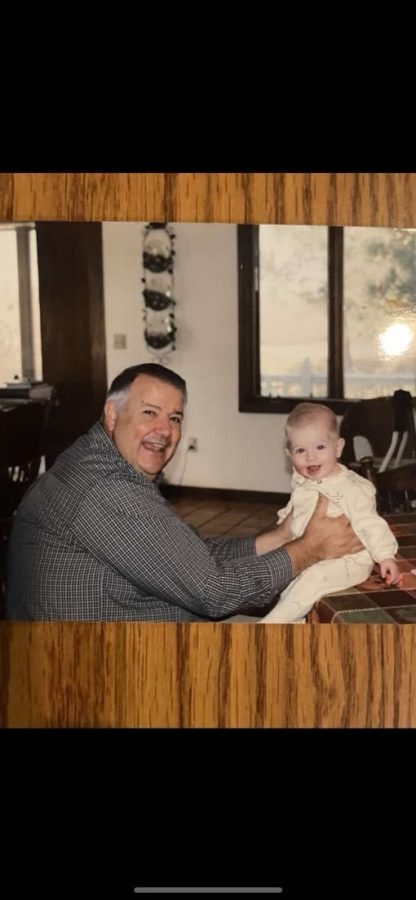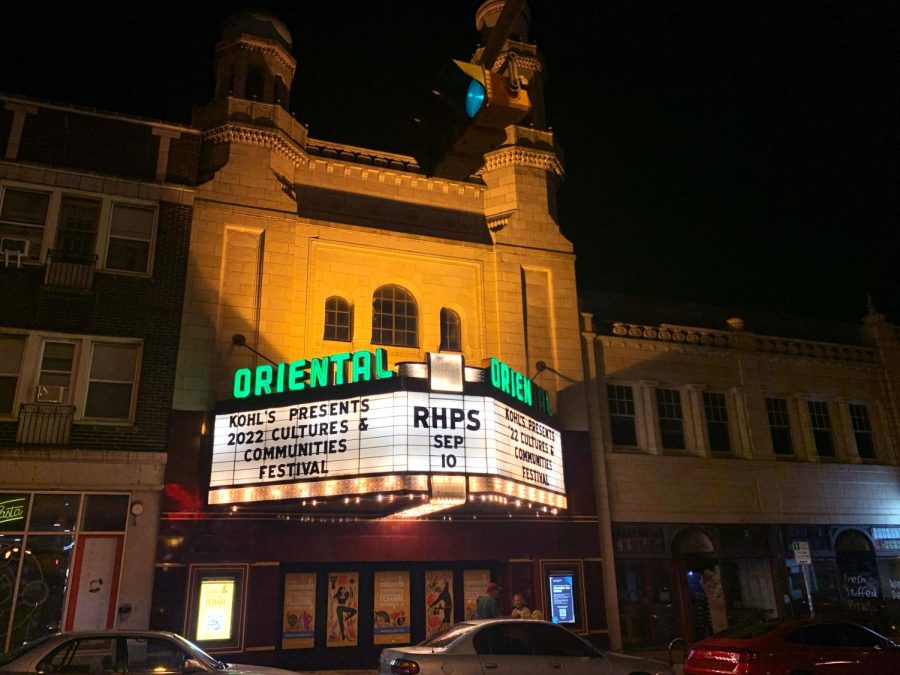
Anyone in the Marquette area who routinely scrolls through Yik Yak will notice the prevalence of memes of a goofy yellow sponge who lives in a pineapple under the sea.
Given the target age of both the app users and the show viewers, it’s a peculiar observation, which points to a larger cultural phenomenon – college students’ baffling love for “SpongeBob SquarePants.”
It is not unusual for young adults to look back fondly on entertainment from their childhood. Gerry Canavan, an assistant professor of English, said that psychologically, this is expected.
“It seems pretty natural to me that people undergoing the massive life changes associated with first entering college and then, soon thereafter, graduating from college would nostalgically look back to things from their childhood in search of psychological stability,” Canavan said in an email.
SpongeBob fan, Stephen Marco, a sophomore in the College of Communication, echoed the theory.
“We all probably watched the show as kids, and now that we’re starting to get to a more cynical world as we grow up, we can’t help but happily look back at him,” Marco said.
Although many childhood cartoons have a following among college-aged students, not one appears to be as mainstream and all-encompassing as that of SpongeBob.
This suggests that nostalgia alone cannot account for SpongeBob’s popularity. Rather, there is something unique about the show’s personality that captivates its fans.
“SpongeBob has this kind of childlike innocence and energy,” Marco said. “It’s kind of contagious.”
He further described the SpongeBob spirit as manic energy, something that Josh Kujawinski, a sophomore in the College of Communication, also enjoys about the show.
“The stupid voices they have, the ridiculous scenarios, and how each episode just goes completely over the top,” Kujawinski said about his favorite aspects of SpongeBob.
It may be the nonsensical fun of the show that draws viewers in, but its ability to appeal to both children and adults is possibly critical to its popularity.
“As a kid, I guess I just liked it because it was an obnoxious and loud kid’s show,” Kujawinski said. “Now, I like it more because the lines they added in for the adults are hilarious.”
SpongeBob isn’t a show for snobs. Its references are subtle enough to miss as children, yet are more obvious for older audiences to enjoy. Though simple as the show may be, an audience diverse in age can watch it and appreciate it on different levels.
“Lots of things I loved as a kid and as a teenager continue to speak to me today,” Canavan said in an email. “Lots of kids shows also have edgy or subversive jokes that are just for the adults that are ‘forced’ to watch along, and from what I understand, SpongeBob is filled with those.”
Despite the fandom, people are hesitant to label themselves as being part of the SpongeBob-cult phenomenon.
Marco admitted that while he has watched some of the older episodes so many times that he can recite them from memory, there are still people who are bigger fans than him. Similarly, Kujawinski said that he’s not part of the SpongeBob cult, but has been watching the show for as long as he can remember.
The resistance to labeling among SpongeBob fans is perhaps because SpongeBob does not belong to a small group of dedicated fans, but to an entire generation of people who grew up with it.
“It’s something that enough college kids have seen and know about,” Kujawinski said. “It’s something that connects everybody.”
On the whole, SpongeBob appears to be an inside joke, best understood by those from that generation. SpongeBob is so tied to this generation that even those who grew up a few years before completely missed it.
Caravan, for example, had already graduated high school by the time the show became popular, and confessed that he speaks as an outsider, fairly unfamiliar with the show.
“I was talking to some of my cousins about it,” Marco said. “They admitted they just never understood what the hype was about. They’re about 10 years older (than me), so it really does feel like a generational thing.”
Perhaps this generational connection makes SpongeBob so suited to appearing on Yik Yak. The collective knowledge of SpongeBob among college students using the app turns its quotes and references into a cultural shorthand for communicating.
Regardless of the level of fandom someone falls in, “SpongeBob SquarePants” is imbedded in a generational DNA.





